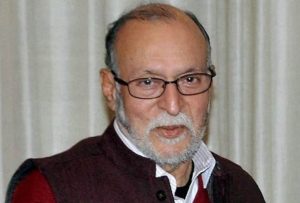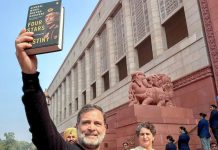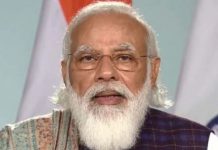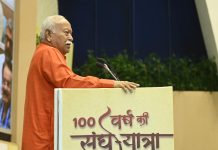
The five-judge constitution bench of the Supreme Court on July 4 pronounced its verdict on the question of who should have a major say in governing Delhi. The SC ruled that the “Lieutenant Governor (LG) cannot act as an obstructionist to policy decisions taken by Aam Aadmi Party (AAP) government.”
The verdict is delivered by Chief Justice of India (CJI) Dipak Misra and other judges, including Justices AK Sikri, AM Khanwilkar, DY Chandrachud and Ashok Bhushan.
“A big victory for the people of Delhi…a big victory for democracy,” tweeted the Delhi CM.
Delhi Chief Minister Arvind Kejriwal has accused LG Anil Baijal of abusing his constitutional mandate to undermine the elected government.
Judgment reads:
SC says the constitution mandates the council of ministers to communicate all decisions to LG but they do not require LG’s consensus. LG can only refer it to President if he has a difference of opinion but he cannot sit on it.
Aid and advice under Article 239AA mean that LG is bound by aid and advice of the elected government.
LG must work harmoniously with the government and any differences between them must be resolved by discussion. The concurrence of LG is not required.
CJI asks both the Delhi government and LG to work together.
The executive power of Delhi government must be given some degree of independence within the areas on which the Constitution allows it to legislate and administer.
A decision of the council of ministers does not require LG’s concurrence in every case.
Except for the three issues, including land and law and order, over which Centre had exclusive power, Delhi government must be allowed to legislate and govern other issues and LG cannot stall decisions mechanically.
The Centre may in exceptional cases block decisions of the council of ministers in the national interest.













